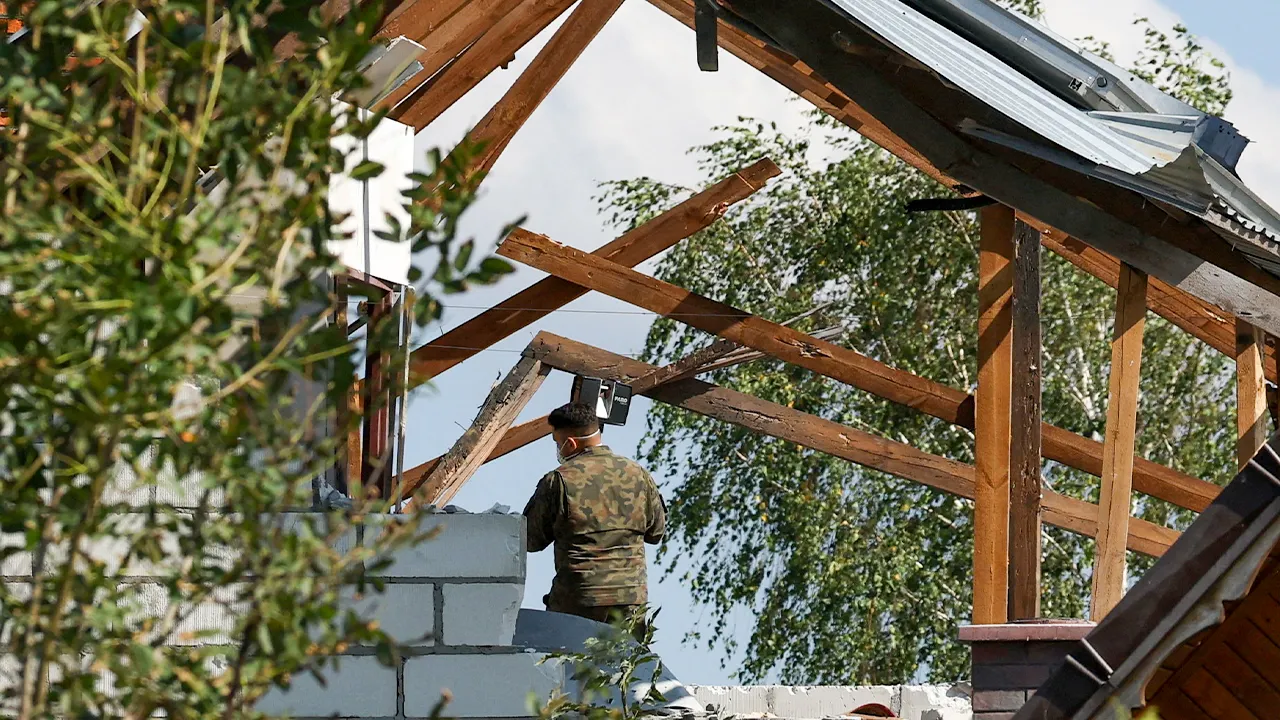Poland has raised urgent concerns after multiple Russian drones breached its airspace during a massive overnight assault on Ukraine. The incident marks one of the most direct threats to a NATO member in recent years, sparking emergency consultations and heightening fears of a broader conflict.
The Incursion
During Russia’s latest wave of drone and missile strikes on Ukrainian cities, at least eight drones were tracked heading toward Poland. Several crossed into Polish territory, prompting a swift military response. Polish and allied aircraft scrambled, shooting down three drones, with a fourth believed to have been destroyed. Debris was later found in multiple regions, some far from the eastern border, underscoring the depth of the violation.
Political and Military Fallout
Polish Prime Minister Donald Tusk condemned the incursion as an act of aggression and confirmed that Poland had invoked Article 4 of the NATO treaty, which calls for emergency consultations when a member feels its security is under threat. He emphasized the urgent need to strengthen air defense systems and accelerate Poland’s military modernization.
European leaders echoed Poland’s alarm, calling the incident a deliberate provocation meant to test NATO’s readiness. The episode has reignited debate over the alliance’s ability to defend its eastern flank against new forms of aerial threats, especially low-cost drones.
Moscow’s Denial
Russia denied intentionally targeting Poland, claiming any drones that entered its territory had strayed off course. The Kremlin insisted the strikes were aimed solely at Ukraine. Western officials, however, have warned that such explanations do little to reduce the risks of escalation.
Wider Implications
The breach highlights both Poland’s vulnerability and the evolving nature of warfare, where drones are increasingly used to probe defenses. Analysts suggest Moscow may be gauging NATO’s response time or sending a message rather than seeking outright escalation.
For NATO, the incident serves as a warning that its eastern members remain exposed and that bolstering air defense will be essential in the months ahead. How the alliance responds collectively will signal whether it can deter future provocations—or whether Russia will feel emboldened to push further.
















Leave a Reply